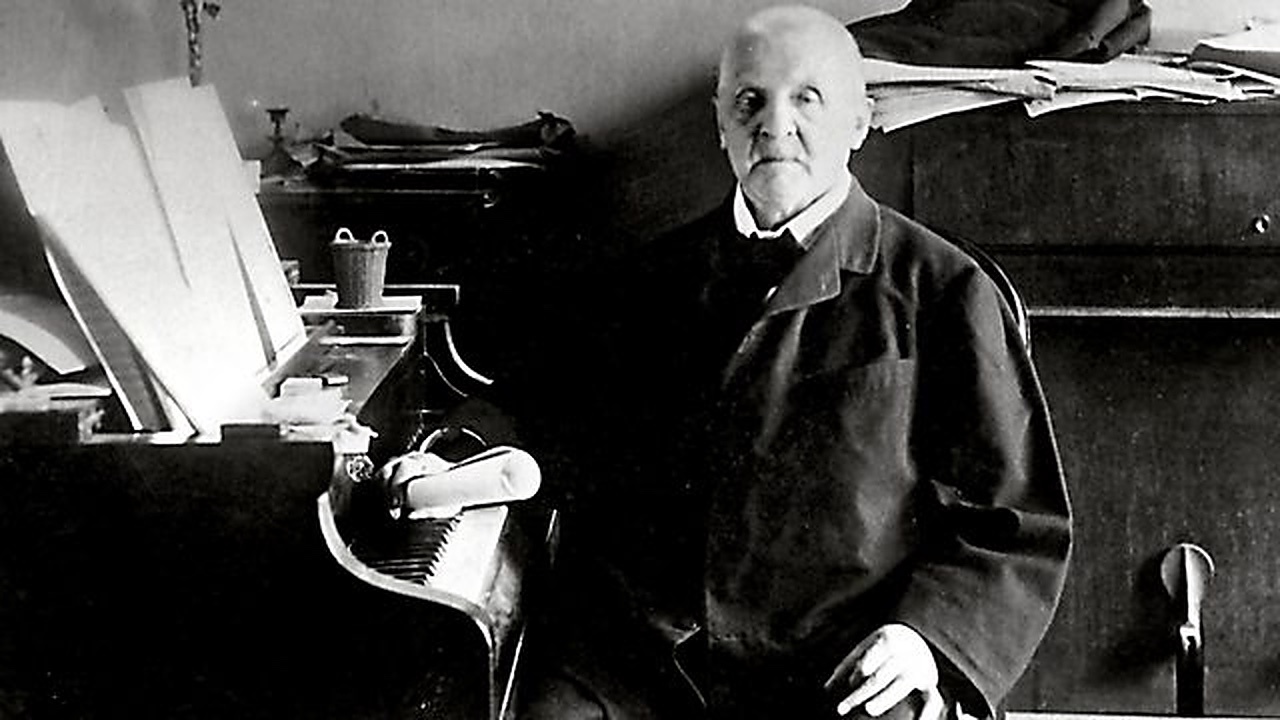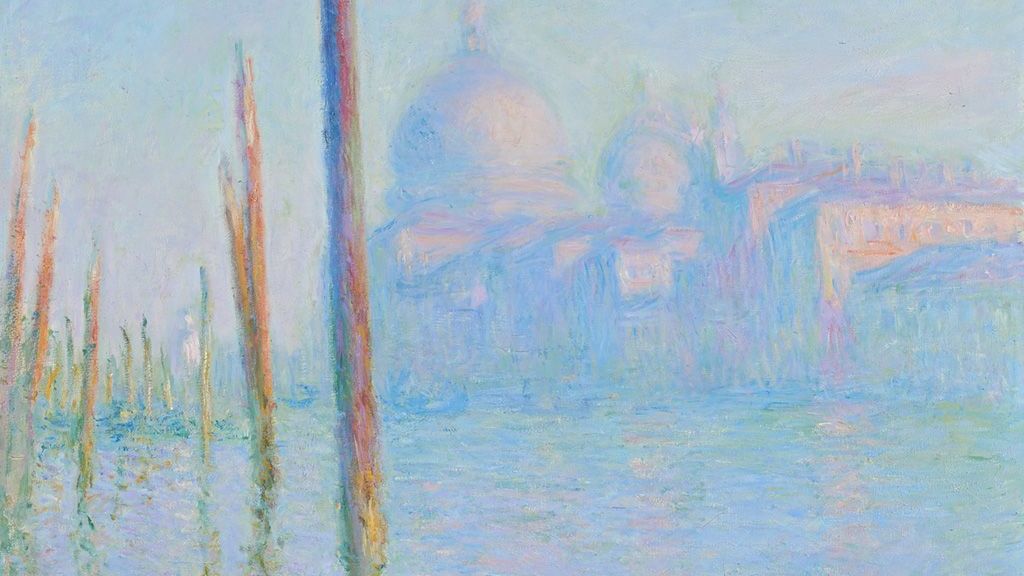Three Bruckner Motets: “Virga Jesse,” “Tota pulchra es,” “Ave Maria,”
The symphonies of Anton Bruckner are monumental musical edifices which revel in the mystery of the divine. As the musicologist Deryck Cooke noted, Bruckner’s symphonies are “elemental and metaphysical.” Their “majesty and grandeur” is revealed gradually, in a way similar to the experience of walking around a medieval cathedral and observing the same mighty structure from different vantage points. Bruckner’s sacred motets offer a microcosm of this experience. They occupy the timeless, ethereal sound …







